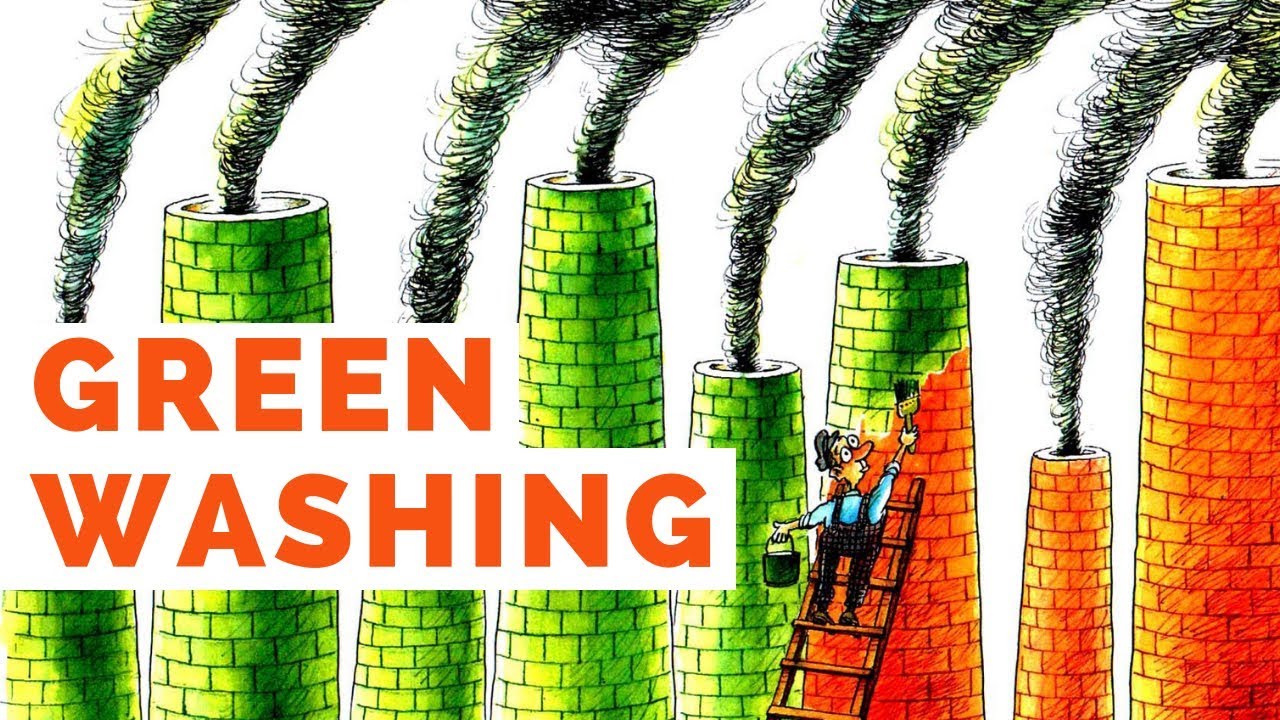
Watch short for this article (5 slides)
The Impact of Fossil Fuel Advertising on Climate Misinformation
With the growing urgency of climate action, fossil fuel advertising has come under increasing scrutiny. UN Secretary-General António Guterres recently labeled fossil fuel companies as the "godfathers of climate chaos," calling for a worldwide ban on their advertising. However, beyond direct promotion, fossil fuel advertising plays a key role in spreading climate misinformation. This article explores how such advertising shapes public perception, affects climate policies, and contributes to delaying necessary action on climate change.

How Fossil Fuel Advertising Influences Public Perception
Fossil fuel companies have long used advertising to create a positive image of their activities, often portraying themselves as part of the solution instead of the problem. These techniques include:
- Greenwashing: Many fossil fuel companies promote initiatives that appear environmentally friendly while continuing their core polluting activities.
- Selective Messaging: Advertisements highlight investments in renewable energy while downplaying the vast majority of their operations that rely on fossil fuels.
- Influencer Partnerships: Industry-sponsored content collaborates with public figures or media outlets, shaping narratives in favor of their agenda.
By leveraging these strategies, fossil fuel companies can influence public discourse and create doubt about climate solutions that might threaten their business models.
Case Studies of Climate Misinformation in Advertising

ExxonMobil and the Suppression of Climate Research
One of the most well-documented examples of fossil fuel misinformation comes from ExxonMobil. Investigations have revealed that the company knew about the dangers of climate change as early as the 1970s but funded campaigns that cast doubt on climate science. This form of misinformation discouraged legislative action for decades.
BP and the Promotion of the "Carbon Footprint" Concept
In the early 2000s, BP popularized the term "carbon footprint," shifting the burden of reducing emissions onto individuals rather than corporations. While personal responsibility is crucial, this messaging deflects attention from major industrial polluters who contribute the most to climate change.
Regulatory Responses to Fossil Fuel Advertising
Some governments and regulatory bodies have taken steps to address misleading fossil fuel advertising:
- France: Recently introduced regulations requiring transparency in environmental claims made in advertisements.
- The Netherlands: Banned misleading fossil fuel ads that falsely portray companies as eco-friendly.
- United Kingdom: The Advertising Standards Authority (ASA) has cracked down on deceptive sustainability claims.
These measures set important precedents for limiting the misinformation spread by fossil fuel advertisements.
The Role of Media in Fossil Fuel Advertising

Media organizations play a pivotal role in perpetuating or challenging fossil fuel advertising. Some key issues include:
- Revenue Dependency: Many major news outlets run fossil fuel advertisements, making them financially reliant on these companies.
- Sponsored Content: Fossil fuel companies often sponsor news articles that subtly frame the climate crisis in a way that benefits their interests.
- Media Outlets Taking a Stand: Some media companies, such as The Guardian, have stopped accepting fossil fuel ads to align more closely with climate responsibility.
When media platforms decline fossil fuel sponsorships, they help reduce the spread of industry-driven climate misinformation.
The Future: Alternatives to Fossil Fuel Advertising
As advertising restrictions tighten, fossil fuel companies may need to explore alternative approaches. Some possible developments include:
- Shifting to Genuine Sustainability: Investing in actual sustainable energy solutions rather than marketing gimmicks.
- Corporate Rebranding: Repositioning themselves as renewable energy providers instead of relying on fossil fuels.
- Increased Accountability: Governments may require stricter truth-in-advertising laws, pushing companies to align their marketing with their environmental impact.
Comparison: Fossil Fuel Ads vs. Tobacco Ads
Policymakers often compare fossil fuel advertising to tobacco advertising, as both industries have used misleading tactics to maintain profitability despite clear evidence of harm. Below is a comparison of the restrictions placed on each:
| Category | Tobacco Advertising | Fossil Fuel Advertising |
|---|---|---|
| Health Warnings | Mandatory on packaging and ads | No mandatory climate warnings |
| Outright Bans | Fully banned in many countries | Restricted only in some regions |
| Influence on Policy | Heavily restricted in lobbying | Continues to fund lobbying efforts |
Given the similar public health and environmental risks of both industries, there is a strong case for applying tobacco-like advertising restrictions to fossil fuel companies.
Conclusion
Fossil fuel advertising is more than just a marketing tool—it plays a central role in spreading climate misinformation, delaying meaningful action, and shaping public perception in favor of continued fossil fuel use. While some governments and media companies have taken steps to limit these ads, the industry continues developing new tactics to maintain influence.
As climate science becomes increasingly urgent, stricter advertising regulations and greater public awareness are necessary to counter misinformation and accelerate the transition away from fossil fuels.